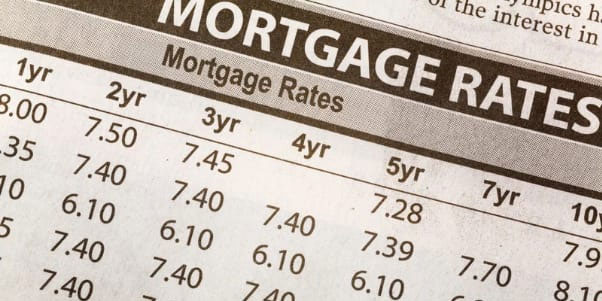Being a landlord is a one-of-a-kind chance to build wealth and a profitable business. This business opportunity has benefits and drawbacks, just like any other investment or company venture!
It is some people's ideal job. Landlording may be a terrific method to generate a passive income, but before jumping in, it's significant to consider all the responsibilities that come with the job.
Your decision to become a landlord should only be made after carefully considering the benefits and drawbacks of being a landlord. If you're unsure if being a landlord is a good choice for you, consider these benefits and drawbacks.

What's Good About Being A Landlord
Extra Money
Earning more money is a major draw for many people considering investing in rental property. Your monthly income from the rental property will be secure if you have trustworthy tenants. You should be able to pay off the mortgage each month with the rent or mortgage payment, allowing you to keep the house as its value rises.
Long-Term Benefit
Real estate is an asset that, with proper management, may grow in value over time. You may save it for the future or use it to take care of unexpected expenses or your family's education. If your way of life changes, you are free to utilize the property for yourself during tough economic circumstances, provided that you adhere to the terms of the leases signed by your tenants.
Security
Landlords may supplement their retirement income or save for the future with the monthly rent collected from their rental properties. Also, landlords can reside in the rental unit to save money, provided that doing so does not violate tenant agreements.
As a landlord, you'll have a steady source of revenue every month, which will help you keep your roof over your head and keep up with the bills.
Possibility Of Selling When Conditions Are Favorable
All the great real estate investors have adhered to the same golden rule. Get cheap and sell high. Adhering to this guideline may not be easy when market circumstances deteriorate if you are impulsive, prone to emotional judgment, or under financial stress.
Having a reliable tenant may be a blessing in these trying economic times, as it can reduce the money needed to pay the mortgage. It may make it much simpler to ride out the storm, even if it lasts many years until the housing market recovers.
Tax Deductions For Expenses
Being a landlord lets you make money while doing nothing. But there's much greater news to come. All the money you spend on maintaining a rental property is completely deducted from your income.
As a result, even if maintaining your property requires periodic costs (for example, repairs and improvements), you may write off these expenditures when filing your taxes.

Equity
Most real estate appreciates or improves in value over time. Depending on the location, landlords might profit from the rental revenue and the property's value.
Suppose the property's revenue is greater than the costs and cost of financing. The rent collected from tenants may be used to pay the mortgage and reduce the outstanding debt without the landlord having to do anything each month.
Retirement Funding Through Rental Properties
Many individuals don't understand that to cover annual retirement expenses; you'll need to sell a portion of your equity and stock holdings portfolio. Providing your portfolio's growth rate is higher than its decline rate, this setup may be very beneficial (because of the amount you sell each year).
However, if you invest in rental properties and your cash flow is positive, and your income is more than your costs, you won't have to sell any of your holdings. Instead, your wealth will grow as the property's value rises, and your rent grows annually.
What Difficulties Landlords Encounter
Responsible For Maintaining Property
There is a valid reason why many landlords use a property management firm to handle their affairs. Time and effort are used in the upkeep of a rental property. When you sign a lease with a tenant, you're legally obligated to take care of significant repairs and upkeep on your own.
There may be moments when nothing happens on the property, and then there may be a succession of problems all at once. When dealing with a demanding tenant with the backing of the law, you need to be ready, willing, and able to solve these difficulties as soon as feasible.
Time:
Property management takes a significant amount of time and effort. Another choice is to hire a property management company to handle things for you; however, this option is not without its drawbacks, including the fact that you will have to pay for their services out of your rental money.
Legal Issues
To be a good landlord, you need to be aware of all relevant rules and regulations, even those that have just been passed. It's important to keep up with housing legislation updates on a national, state, and municipal level to avoid legal trouble and financial penalties.
Emergencies
One of the main drawbacks of being a landlord is responding to tenants' urgent needs, which may quickly pile up if you own many units. Tenants are also responsible when they have a domestic emergency requiring immediate attention.
Conclusion
One of the most vital perks of being a landlord is the steady stream of monthly income it may give, which can help you increase your wealth and secure your financial future for years to come.
Being a landlord may drain your time, money, and sanity, such as dealing with late rent payments, tenant turnover, and legal issues not covered by the contract. Despite these obstacles, deciding to become an investor in real estate might drastically improve your chances of retiring comfortably.




